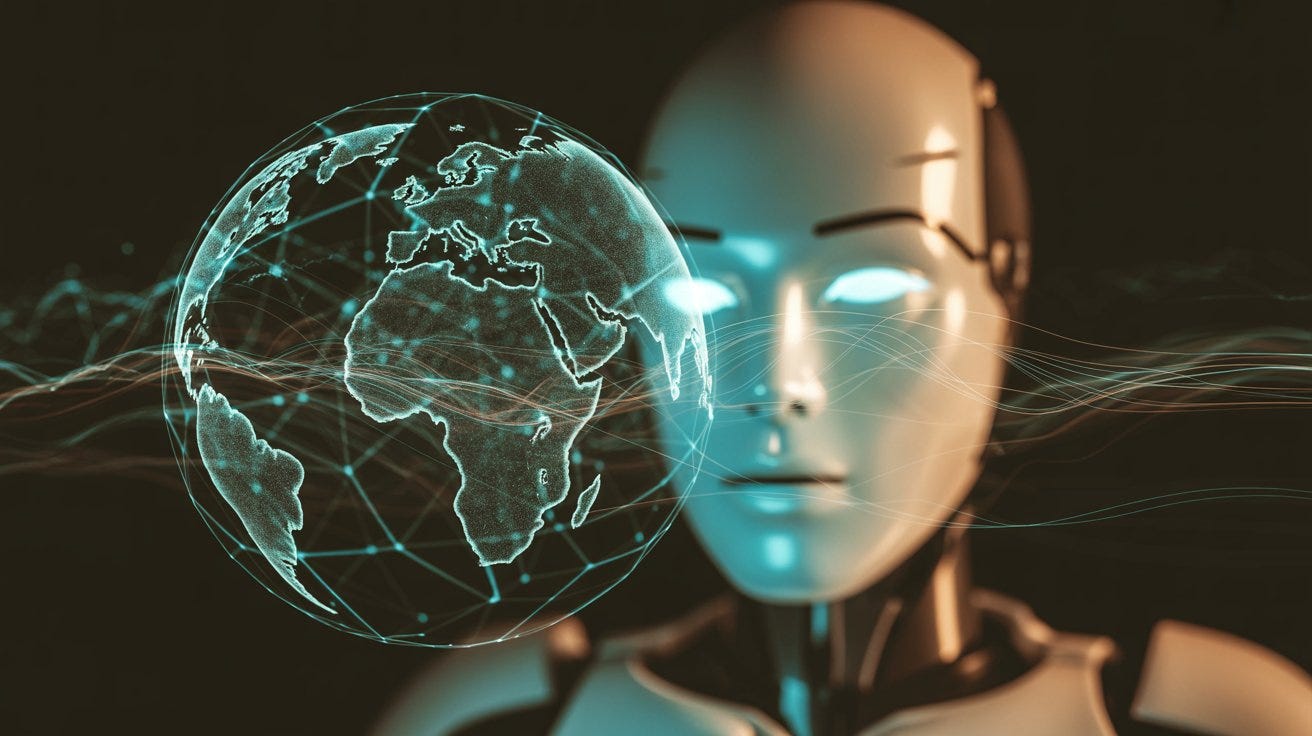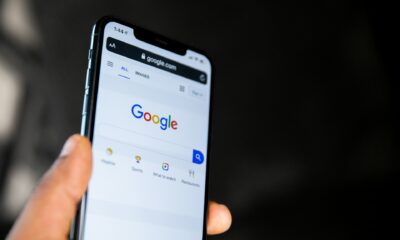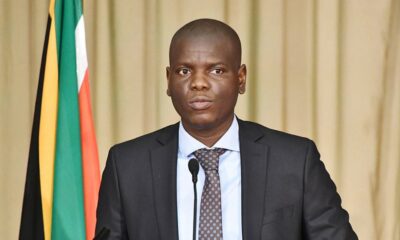Artificial Intelligence
BRICS+ Nations Push for Ethical AI as the New Frontier of Global Power

A New Kind of Global Competition
For centuries, power was measured in armies, land, and gold. Today, it is measured in algorithms. Artificial intelligence is no longer just about chatbots or robotics; it has become the invisible hand guiding economies, shaping diplomacy, and redefining who leads and who follows on the world stage.
As the BRICS+ nations (Brazil, Russia, India, China, and South Africa) look to the future, one truth is becoming clear: the next global superpower will not only command military strength or trade influence but also data sovereignty, digital infrastructure, and computational capacity. In other words, whoever controls the code controls the conversation.
Under Brazil’s 2025 presidency, BRICS is driving a new agenda that aims to ensure AI becomes a tool of inclusion rather than exclusion. The focus is on digital sovereignty, ethical governance, and development-driven innovation, principles that challenge the dominance of Western profit-centred tech models.
Building Technology That Lifts, Not Divides
Across the BRICS bloc, artificial intelligence is being used for more than just economic growth. It’s finding its way into classrooms, hospitals, farms, and rural communities.
-
China is expanding AI-powered healthcare diagnostics.
-
India is rolling out multilingual learning tools to bridge education gaps.
-
Brazil is using data to monitor deforestation and protect biodiversity.
-
South Africa is investing in future-skills training to prepare its youth for digital-era jobs.
Together, these projects represent a new model for AI, one that sees technology as a public good rather than a corporate weapon. The Global South, long treated as a testing ground for external innovation, is showing that artificial intelligence can uplift rather than exploit.
Yet this digital optimism comes with caution. Without ethical safeguards, the same systems that promise inclusion could deepen inequality. AI can replicate human bias, track citizens unfairly, or concentrate power in the hands of a few. For nations without a strong cyber infrastructure, the risk of becoming digitally dependent on others looms large.
The challenge, therefore, is not only technological but moral: how to build systems that protect human dignity as much as they improve efficiency.
Why Culture Still Matters in a Digital World
Even as algorithms take over tasks and decisions, what still connects people are values, identity, culture, and a sense of belonging. AI can reshape economies, but it cannot replace the need for humanity.
The BRICS approach emphasises ethical AI, protecting privacy, and preserving linguistic and cultural diversity. As machine-generated content floods our screens, from news feeds to entertainment, the question of authenticity grows urgent. If an algorithm curates what we see and believe, who decides what’s true?
Recommendation systems and generative media could homogenise cultures, erasing local voices and traditions in favour of globalised sameness. For this reason, BRICS leaders are calling for frameworks that ensure AI strengthens, not weakens, cultural sovereignty.
Writing the Moral Code for Machines
AI is rewriting the rules of engagement between nations, but what those rules stand for remains up to us. Will AI be used to empower people or to control them? To close gaps or to widen them?
The BRICS+ vision argues for a model grounded in accountability, fairness, and shared prosperity. It calls for a system of global governance that reflects the diversity of civilisations, not only Western commercial priorities. The goal is clear: technology must serve humanity, not the other way around.
In this new era, history might still repeat itself, with new powers rising and falling, but for the first time, humanity has a chance to shape its direction consciously. If guided by values of justice, equity, and respect, AI could become the most transformative force for good the world has ever known.
Follow Joburg ETC on Facebook, Twitter, TikT
For more News in Johannesburg, visit joburgetc.com
Source: IOL
Featured Image: Think BRICS – Substack



























